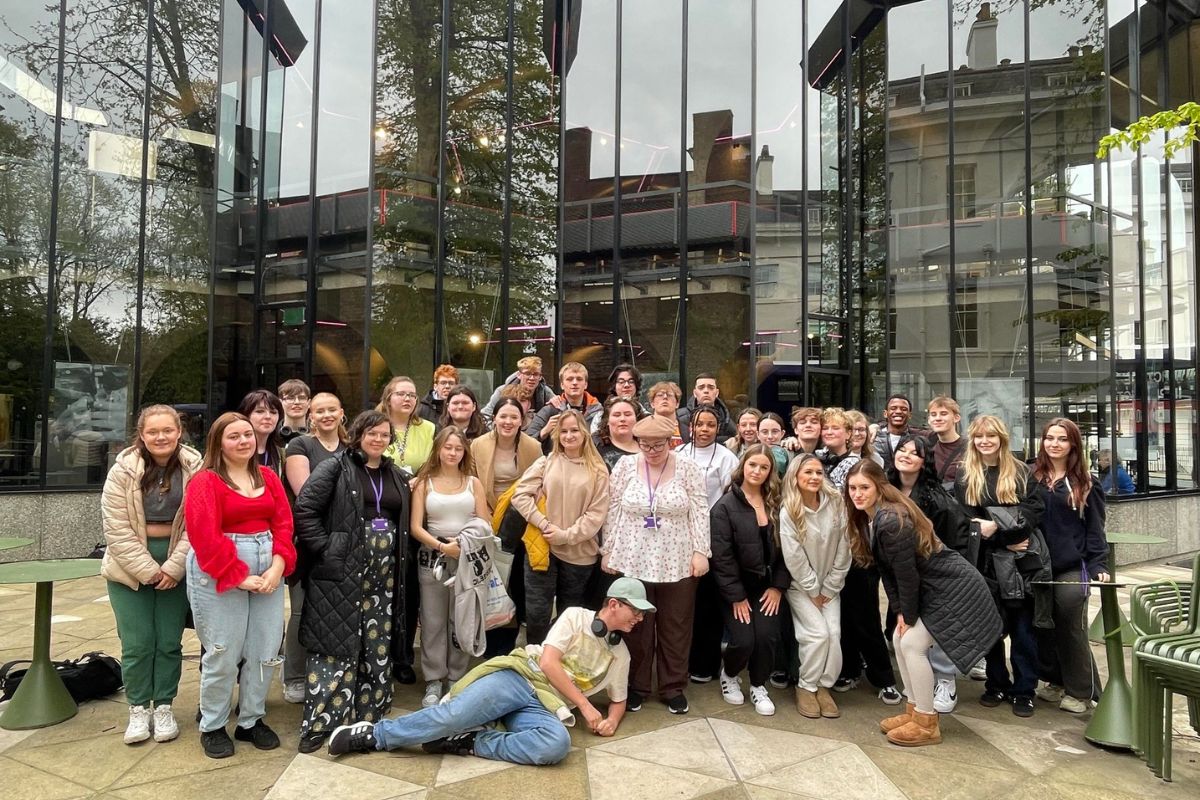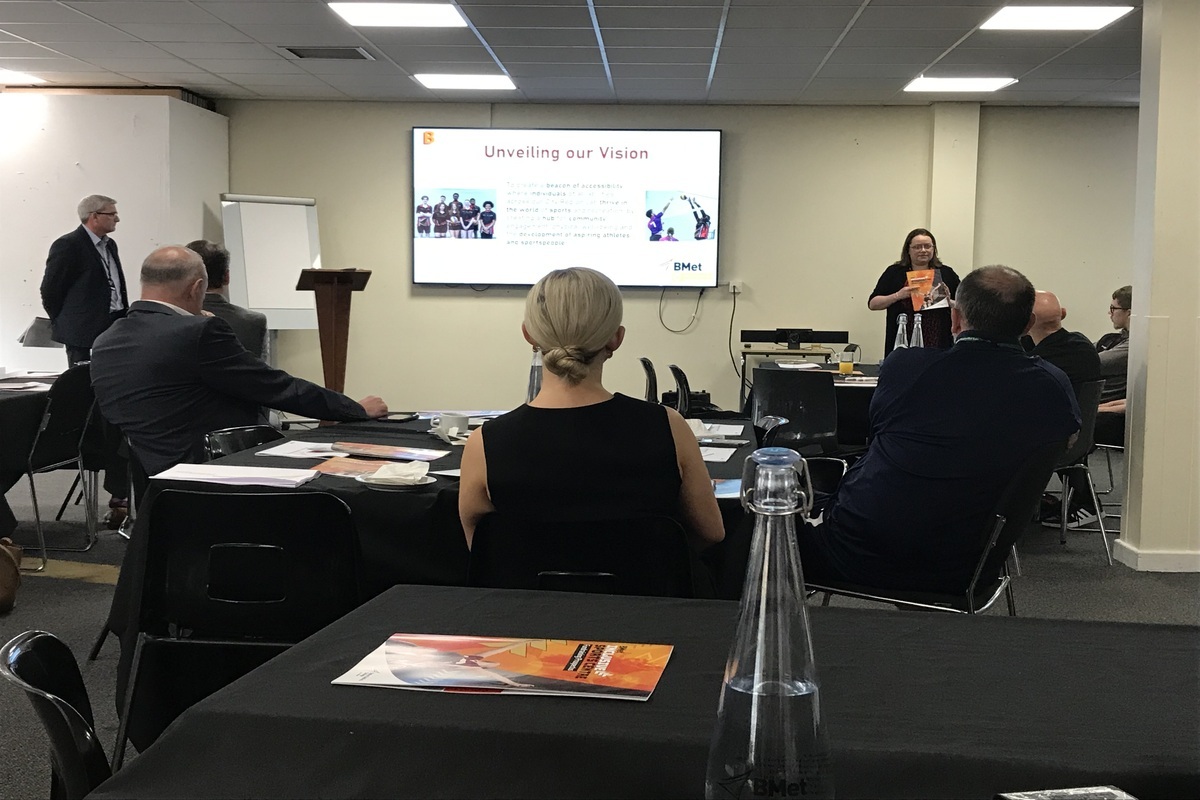The Importance of Learning and Skills in the Workplace

CEO of The Skills Network, Mark Dawe, reflects on the partnership that the education and skills sector can play with employers and employees to deliver brighter futures for all.
Connecting with Diverse Professionals
As CEO of an education and skills provider, I am pleased that in my daily work, I can talk to a wide variety of people from different walks of life. This includes Principals and other professionals working in the FE sector, as well as business leaders across a number of different sectors, as we look to grow the skills base in key industries and communities.
Celebrating Learning at Work Week
May is an important month in the calendar for many businesses. It’s also a month that holds a couple of key dates that could help us reflect on what we think a workplace of tomorrow should look like in the UK and globally.
Later this month there will be a specific focus on education in the workplace as we celebrate Learning at Work Week (which this year takes place between 13th-19th May). It’s an opportunity to look at ways businesses can embrace technology to help tackle the challenges that their workforces face and discuss how learning, education and skills can be boosted within a variety of environments.
Building Learning Cultures at Work
Improving education opportunities goes hand-in-hand with the challenge of building learning cultures at work. Companies that understand the importance of getting the best from their employees often also understand the importance of creating an ethos where continual improvement is not only present but nurtured.
It’s frequently said that the most valuable asset a company has is its employees – and getting buy-in from staff into the big picture can help unlock new opportunities and potential.
The Catalyst for Change
Learning at Work Week can be a good tool for organisations to start an internal conversation about the importance of learning and prioritising skills that may currently be in short supply. It can also be a catalyst for change, providing fresh learning opportunities and reinforcing a commitment to staff development and meaningful learning that takes place all year round.
If we want to see more positive, modern, healthy workplaces, there’s little argument that we also need more positive and improved perceptions of learning and development, where individuals are encouraged to grow to meet their potential, increasing motivation and productivity at the same time.
Stimulating New Ideas and Breaking Down Silos
By drawing on employees’ own knowledge, passions and interests to create more engaging and collaborative workplaces, we can create new opportunities to stimulate thinking, gain new perspectives and frame new ideas that can take businesses to new levels. Assisting companies to break down workplace silos and create cultures where knowledge gaps are bridged is a step in the right direction.
International Workers’ Day and Modern Workplace Challenges
May 1st is International Workers’ Day – a day that across the globe people recognise the contribution that workers across sectors make to improving workplaces and also to wider society.
Modern workplaces need to adjust to modern challenges. This can most acutely be seen through how companies had to adjust to the constraints and challenges that Covid brought – the aftereffects causing a social revolution where more flexibility around issues such as home working and increasing online meetings have become commonplace.
Delivering a Better, Safer, and More Skilled Workplace
Sometimes challenges create opportunities – and creating cultures where employers and employees can communicate positively and find shared solutions together can bring all kinds of new success. Delivering a better, safer, more engaged and better-skilled workplace requires everyone to play their part.
By Mark Dawe, CEO, The Skills Network










Responses